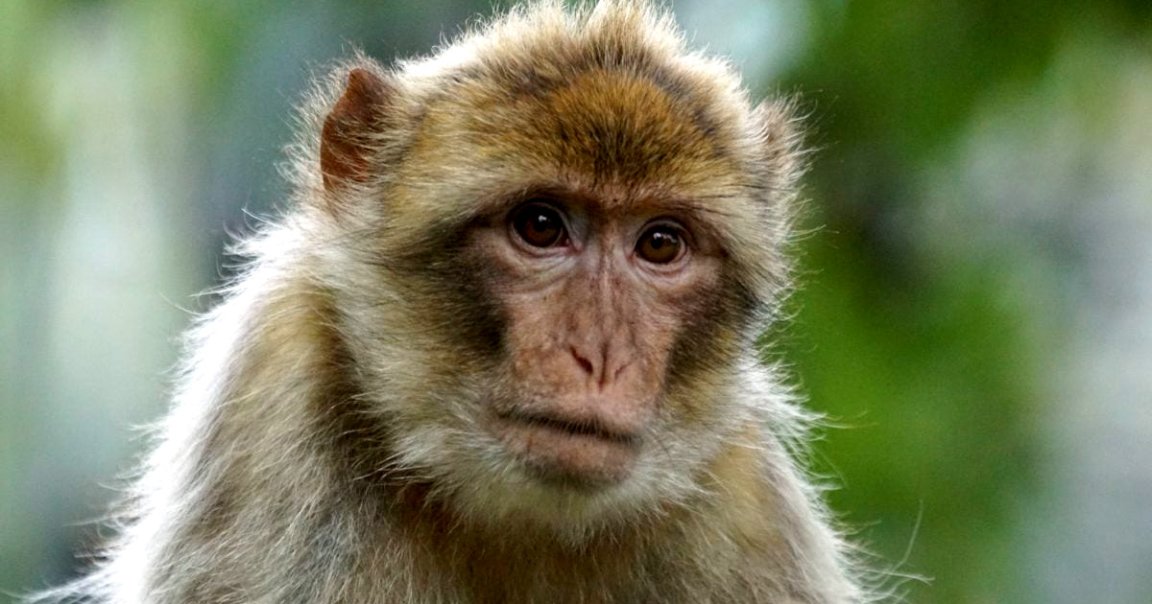
Right now, anyone in the U.S. trying to develop a vaccine for COVID-19 will likely run into a crucial roadblock: There simply aren’t enough primate research subjects to go around.
American labs have run into a critical shortage of monkeys, The Atlantic reports. And without them, scientists have no hope of completing the animal testing phases of clinical tests before they can move on to trials with human volunteers. The bottleneck is a bad sign for future attempts to develop a treatment, as scientists who might develop a working vaccine have no way to actually test it out.
Koen Van Rompay is an infectious disease expert at the California National Primate Research Center. He told The Atlantic that due to the shortage, he gets significantly more requests from companies that want to run studies at the facility than he can handle.
“I have to tell them, ‘I’m sorry, we are not allowed to start your research,'” Van Rompay told The Atlantic.
There are numerous problems at play, The Atlantic reports. There’s more demand for monkeys to use in clinical research due to the coronavirus pandemic, but there are fewer monkeys available than ever. China had been supplying 60 percent of monkeys used in American research, but closed down exports due to the pandemic. On top of that, monkeys were already a hot commodity in short supply.
And because hindsight can be cruel, the National Institutes of Health actually discussed creating a “strategic monkey reserve” back in 2018, but never acted on it. If they had, scientists might still be able to do their important work.